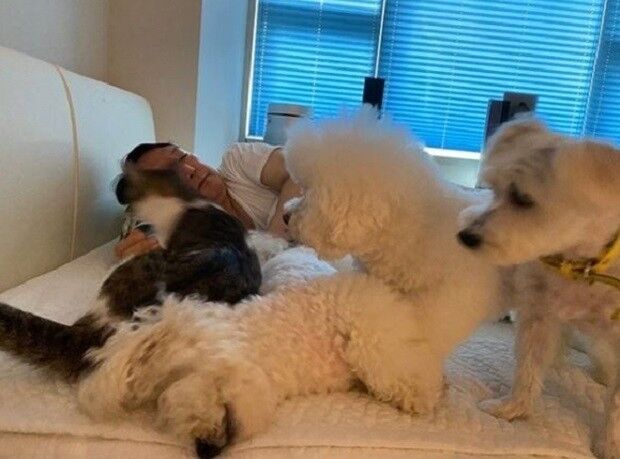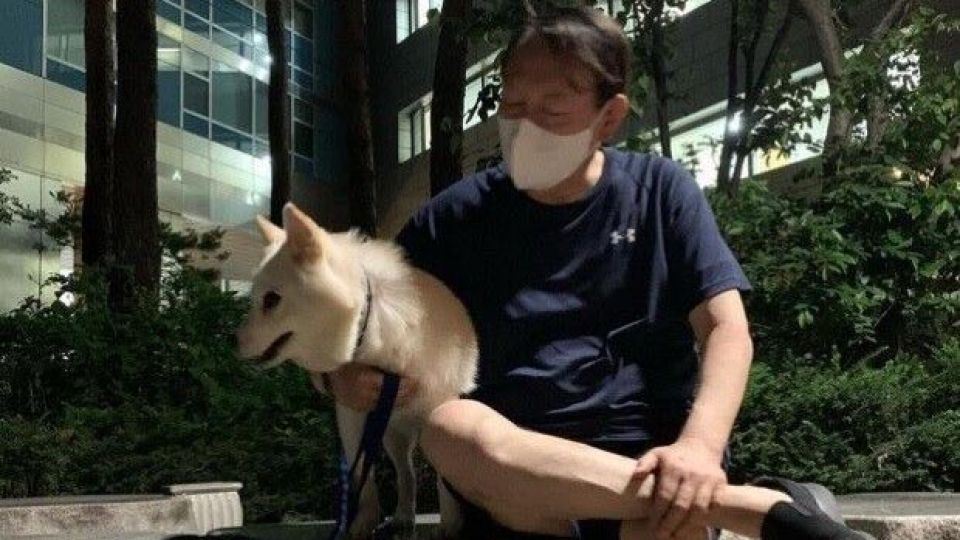May 3, 2022
SEOUL – Widespread skepticism and misgivings about relocating the presidential office and residence before Inauguration Day on May 10 have been validated, unfortunately.
The eight-week window to replace the Blue House has proven overwhelmingly inadequate. President-elect Yoon Suk-yeol has painted himself into a corner with his campaign vow to “never spend a single night in the Blue House” after he takes office. Refusing to back down, he charged ahead. Now he will start his term with a muddy trail of disrespect and insolence and raised doubts about his decision-making and management skills.
The presidential transition team’s helter-skelter scramble to complete the relocation before the inauguration is comparable to a pinball ricocheting off bumpers and bouncing off-ramps. First, the Ministry of National Defense had to hurriedly move out of its decades-old headquarters to create a workspace for Yoon and the Army chief of staff’s residence was designated as the new presidential residence. Then, last weekend, Yoon’s spokesperson made another surprise: the foreign minister’s official residence is now a top housing candidate. The Army chief’s residence was found to be “so old and run-down as to leak when it rains.” What went wrong with their housing inspection?
Apparently mindful of the public’s negative views of Yoon’s wife, Kim Keon-hee, the spokesperson denied the earlier news reports that Kim had visited the foreign minister’s residence and influenced the choice. Kim’s visit occurred after the transition team’s decision, the spokesperson explained, adding the media reports that “she appeared to like the garden and suggested cutting down the tallest tree there” were untrue. The timing of Kim’s visit was not disclosed, however.

A picture of Yoon lying on bed with his pets (Yoon’s campaign team)
Normally, a tour of the presidential living quarters by the president-elect’s wife would not raise any eyebrows. It is part of the transition and publicized. But there are loud calls for investigations into her inflated college lecturer resumes and illegal stock transactions, as well as widespread rumors about her opaque past and her mother’s criminal allegations. She has remained out of sight since before the election.
The latest choice for Yoon’s accommodation has serious repercussions. Where will the nation’s foreign minister host and entertain visiting foreign dignitaries and the members of the diplomatic corps?
As an important venue for diplomatic events, the foreign minister’s residence has been well tended. It is the most spacious among the six mansions of high-ranking officials, including that of the Army chief of staff, clustered on a scenic hillside neighborhood in Hannam-dong, some 3 kilometers from the Defense Ministry. It underwent extensive renovation last year and reportedly needs less patching up.
It is doubtful whether Yoon and his transition team considered the residence’s importance as a state asset useful for international relations. They may have regarded it simply as a place they could grab to remedy Yoon’s allergy to the Blue House — or his enigmatic wife’s, who knows? No less egregious is that they lacked respect for the law — or a sense of propriety — in carrying out their relocation plans. Foreign Ministry officials said they had not been notified of the transition team’s decision before it was publicly announced.
On March 20, Yoon briefed the press himself on his plan to relocate the presidential office to the Defense Ministry. But he had not informed or discussed his plan beforehand with President Moon Jae-in, the commander-in-chief of the Armed Forces. He announced the relocation would cost 49.6 billion won ($39.5 million), without formally requesting Moon to approve the special budget.
The incoming and outgoing presidents met on March 28, 19 days after the election and eight days after Yoon’s press briefing on presidential office relocation, setting the budget process in motion. It was their first and last post-election gathering – so far.
President-elect Yoon, a former prosecutor-general and political neophyte, has met few politicians outside his People Power Party. He hasn’t even met leaders of other parties nor his election rivals, to elicit their cooperation in achieving “national unity,” one of his transition team’s five major policy tasks.
The other four tasks are the “restoration of fairness, rule of law and democracy; exploration of the future sources of growth and income; achieving balanced regional development; and building a sustainable economy.” Beyond these cursory taglines, Yoon and his transition team have yet to present the big picture, or their vision for the country. We have yet to hear how campaign promises will be translated and prioritized into actionable measures from Day One, let alone the next five years.
Instead, Yoon toured provincial regions, inviting criticism that he was misspending his time campaigning for the June 1 local elections, not preparing for his first months in office. He effectively fanned the suspicions by visiting Park Geun-hye, the disgraced and recently pardoned former president, at her new home in Daegu. He reportedly told her that he felt sorry and would adopt some of her policies so that she could regain her honor.
Yoon probably tried to bury the hatchet and heal the lingering wounds in his party after barely winning the bitterly fought election. But his about-face can be puzzling to the numerous citizens who rallied on cold winter nights, holding up candles and calling for her impeachment. As President Moon’s swordsman, Yoon had led the corruption probe against Park five years ago and landed her in prison, which gave him celebrity status. Then he ran for president on the ticket of Park’s conservative party after losing favor with Moon for probing his close confidant with equal severity.
A few days after visiting Park, Yoon mystified many people again — this time by appearing as a guest on a popular TV quiz show. He might have been “eager to communicate with the public,” as his party explained. If it was truly his intention, the president-elect would better rethink his method of communication. A vast majority of people aren’t simply in the mood to enjoy his appearance in a TV entertainment show.
Above all, Yoon wasn’t funny. The show was a reminder of why he isn’t getting a post-election honeymoon.


